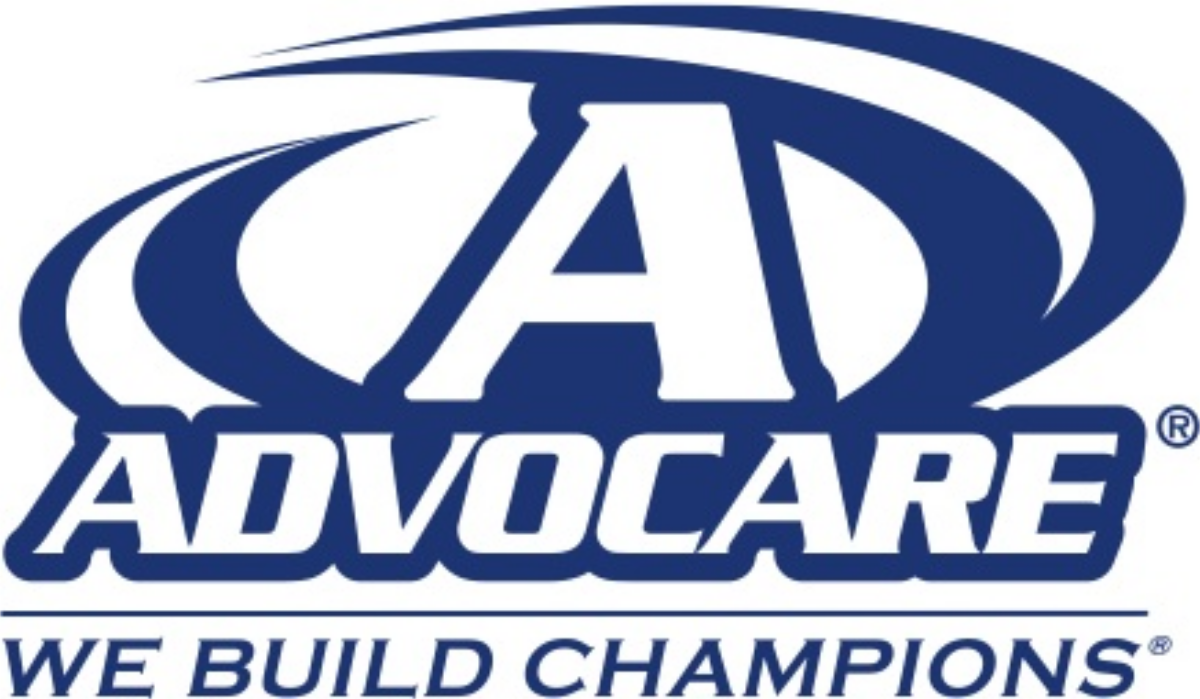
Another FTC Pyramid Scheme Lawsuit
 Last week the FTC announced a lawsuit against Neora (formerly known as Nerium), alleging that it is an illegal pyramid scheme. Couple this with the recent end to AdvoCare’s multi-level marketing method of business at the hands of the FTC, and people like me (who think MLMs are abusive pyramid schemes) have a bit of hope.
Last week the FTC announced a lawsuit against Neora (formerly known as Nerium), alleging that it is an illegal pyramid scheme. Couple this with the recent end to AdvoCare’s multi-level marketing method of business at the hands of the FTC, and people like me (who think MLMs are abusive pyramid schemes) have a bit of hope.
More specifically, the FTC suit goes after Nerium under the parts of the FTC Act that prohibit unfair or deceptive practices and false advertising. The company was known as Nerium from 2011 to 2019. In February 2019, the company changed the name to Neora. It is suspected that the name change was because the Nerium name was connected to so many complaints and lawsuits.
The current suit says that “unlike a legitimate multi-level marketing business,” Nerium’s compensation plan emphasizes recruiting new “brand partners” (BPs) over the sale of products to consumers outside of the company. (Note to FTC: This is what all MLMs do. They ALL focus on recruiting, and the actual retail sales are pathetic for several reasons.) The FTC says the business model makes it unlikely that distributors can make money selling products in response to legitimate demand from third parties.
The FTC goes on to allege that despite all sorts of income claims by Nerium/Neora distributors, most distributors make little no no money. How’s this for a statistic? Less than 5% of Nerium distributors make more from the company than they pay in fees and product purchases. And at least 92% of distributors have quit and half leave the company in six months or less.
There is a discussion in the suit of a practice that some call “frontloading.” It is getting a new distributor to buy a large amount of products up front. Nerium has something called “success packs” or “enrollment packs” which cost $500, $750, or $1,000. While the packs are options, there is substantial encouragement to purchase one, and the packs are marketed as the best way “to get your business moving fast.” (Now everyone knows, simply having products in hand does nothing to sell those products or recruit new people.)
Then there are the required purchases on an ongoing basis in order to qualify for commissions from Nerium. This is another feature of MLMs. In Mary Kay, for example, a consultant must purchase a minimum amount of products once every three months in order to be considered “active,” or she does not qualify to receive commissions from those she has recruited.
I love this sentence from the complaint: “Nerium’s compensation plan prioritizes building the pyramid over the sale of products.” Again, this is all MLMs. There is lots of lip service paid to selling products in MLM, but that is simply the cover for the recruiting and an attempt to make it APPEAR that these companies are not pyramid schemes.
As with nearly all MLMs, Nerium/Neora pays commissions to distributors based on products ORDERED and doesn’t really care if those products are SOLD to a legitimate customer. The lawsuit alleges that Nerium has said less than 1% commissions are paid based on the sale of products to retail customers.
There is another feature of Nerium that we know to be true of other MLMs, such as Mary Kay. That the initial purchases by the distributors are the largest they will ever make, and it’s important to extract money out of them quickly before they quit. The FTC’s suit against Nerium says:
“High attrition also motivates recruiters to encourage new recruits to make significant upfront purchases before the recruits leave Nerium or stop making purchases. Indeed, purchases by [distributors] in their first three months regularly comprise one-third to one-half of all [distributor] purchasing volume, company-wide. Half of [distributors] stop purchasing products within six months of joining Nerium. One year after joining, only about a third of [distributors] still buy products.”
The lawsuit also talks about false income claims (or income misrepresentations). Nerium’s marketing materials talk about “significant earning potential” and “lifestyle-changing income.” Videos suggests distributors make more in their first few months with Nerium than in their previous jobs. Like other MLMs, there is promotion of the “millionaire” distributors and “retiring” from previous jobs. And yet, Nerium’s own data shows that less than 10% of distributors earn more in commissions than they pay in fees and product purchases.
There are 18 levels in the Nerium pyramid, but more than 85% of distributors never get to the second rank. And like all MLMs, the vast majority of the commission payments go to the very few people at the top of the pyramid.
The complain goes on at length about false product claims relative to its EHT (eicosanoyl-5- hydroxytryptamide) product. Nerium markets a supplement called ME Sports. The website for the product said it helped with CTE, Alzheimer’s disease, and Parkinson’s disease.
In an interesting turn of events, Neora/Nerium filed its own lawsuit in federal court in Chicago to try to stop the FTC. The company says the FTC has rewritten federal law to label legal MLM companies as illegal pyramid schemes. They say the FTc is bullying companies like Nerium and Advocare.
They rightfully say that the standards the FTC is using would put virtually all MLMs out of business. And they’re right. That’s because virtually all MLMs ARE pyramid schemes, with the real business being endless chain recruiting, and the product being the cover for that activity to make the companies appear legal.





 Visit the
Visit the
“The FTC says the BUSINESS MODEL makes it unlikely that distributors can make money selling products in response to legitimate demand from third parties.” And yet they say, “unlike a legitimate multi-level marketing business”. So which is it FTC?
Legal MLM is defined on PAPER that there must be a majority retail sales to end users….EXCEPT THAT, in real life, MLMing inherently defaults to recruiting.
I’ve been looking for an analogy to help translate this phenomenon. Basically an analogy that states, on paper and in theory, it’s legal if you do “this”; but then the practically applied method inherently never produces the theoretical definition.
Anyone have suggestions? I expect they’ll be as ridiculous as the oxymoron “legal MLM”.
There really seems to be no rhyme or reason to which companies the FTC is now willing to go after. They all operate the same way, so why stop with a couple of them. I will say that the common thread seems to be the false income claims, and maybe that is what is motivating the FTC to act.
Just recently, I heard an Arbonne Executive National VP say that “the most important thing you can do for your business is to sponsor more people.” No matter the MLM, they all push team-building, business-building, sponsoring, mentoring, etc. It’s recruiting, no matter what clever label is used.
You mean the most important thing is not the products, which the MLMs all pretend are the reason for their existence?
How can MK still exist then because they are truly a pyramid scheme. How can we get the FTC to look at MK?
IMO Texas pulls in enough money from MK, gives them tax breaks for new buildings in the area. Lawyers are embedded into MK, the family, and Texas and are too much for the FTC to even look their way. It is obvious MK is a for profit darling that we consultants send our money in return of hope.
“Nerium’s compensation plan prioritizes building the pyramid over the sale of products.”
As Tracy points out, that’s any MLM, anywhere. There’s a Mary Kay “Steps to Success” poster with the words “book sell recruit repeat” on it. It has appeared in the headers of several articles on this site, and I noticed something about it: Of the four words, one is in all caps, one is in bold font, one is in large font, and one has an exclamation point after it. And they’re all the same word:
RECRUIT!
Wake up, FTC, and do your job.
I’m still waiting for the FTC to go after every single MLM and it’s just crap that they don’t go after Mary Kay I understand that Mary Kay pays a lot of lawyers after the table but at the end of the day is the biggest pyramid scheme of them all!!!!I
There is a glimmer of hope that they’re going to go after MLMs one by one. I admit, the hope is tiny. Very tiny. But this is moving in the right direction.